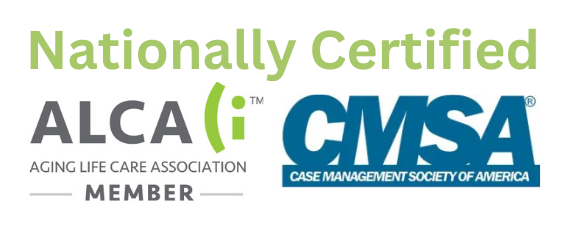Owning your own home or having quite a bit of equity in it may be a great way to supplement your income as you age. If you have exhausted your savings and have little or no monthly income, and you own your own home, it may be time to consider a reverse mortgage.
What Is a Reverse Mortgage?
Unlike a traditional mortgage, where the amount you owe decreases with each payment, a reverse mortgage allows you to borrow money using your home as the guarantee for the loan. A reverse mortgage increases with each monthly payment you receive. A reverse mortgage is paid once the borrowers no longer live in the home.
Once you have obtained a reverse mortgage, you are still responsible for property taxes and homeowner’s insurance as well as maintaining the good condition of your home.
To obtain a reverse mortgage, you need adequate home equity because each month that you obtain a payment, the equity in your home diminishes.
When is a Reverse Mortgage a Good Idea?
If you are short of cash, the equity in your home is your biggest asset, and there is no other way to obtain the money you need for daily expenses, then it might be time to consider a reverse mortgage.
There are good reasons to consider a reverse mortgage including:
- The proceeds from the reverse mortgage will secure your finances for the long term.
- You plan to stay in your home for the rest of your life.
- You can afford ongoing home maintenance, home insurance, and property taxes.
- Your spouse is at least 62, preferably older.
- You do not plan to leave your home to anyone.
For a reverse mortgage to be a good solution, your home needs to be without a current mortgage or nearly paid off. Get mortgage counseling so you know whether or not this solution will provide a long-term solution to money problems. Obtain at least three quotes from lenders to see if they can provide the money upfront that you need to get out of trouble.
If you plan to stay in your home and age in place, then this may be a good solution. If not, paying thousands of dollars in upfront costs only to sell in a year or two is not a good idea.
It is important that you are able to stay current on property taxes, homeowner’s insurance, and home maintenance. If you don’t stay current on the first two, your lender can declare you in default and take your home.
Though you can get a reverse mortgage if your spouse is under 62 years of age, this may not be a good solution. New laws protect a younger spouse from losing a house, but they do not allow for that spouse to continue collecting an income stream if the loan was obtained before the spouse reached 62.
Lastly, if you are thinking of a reverse mortgage, it is best that you do not plan to leave the house to anyone. This is because a reverse mortgage becomes due and payable upon your death. Anyone inheriting your home must pay off the balance of the reverse mortgage before being able to take possession. Heirs often cannot do that. So, it’s best to allow the lender to sell the home.
Any proceeds left after the loan is paid in full will go into your estate. If the amount owed is more than the sale price, the FHA insurance covers the loss.
Taking out a reverse mortgage is a big step. If you own your house outright, you’ve spent years paying it off. This is not a step to be taken lightly. It requires researching all your options before coming to any conclusions.
Reverse mortgages have been widely criticized, often with good reason, but that does not mean that they are a bad deal all the time. In many instances, a reverse mortgage can be the right solution for a homeowner. The reality is that it may be the only solution in certain situations to solve a critical cash flow problem without moving.
If you plan to stay in your home and age in place, and you can obtain enough proceeds to keep you going for the long term, a reverse mortgage may be a good solution.
Feel free to contact our senior care management team for more information.







